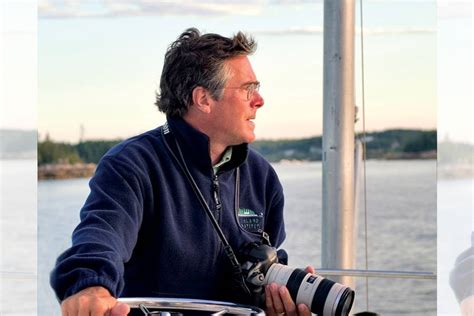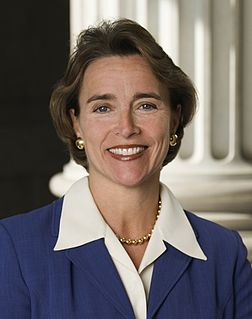A Quote by Kim Hee-jin
Paradoxically, the more deeply one grows in enlightenment, the more clearly one discerns one's own frailties and limitations.
Quote Topics
Related Quotes
When Robert Bly visited Interlochen Center for the Arts so many years ago, he spoke to the creative writing majors and said, "The eye reports to the brain, but the ear reports to the heart." Perhaps this is the thing that musicians can do that writers can't ever, quite, but it is what I aspire to, that sense/power of the auditory, and the belief that to hear more clearly is to see more clearly, and that to see more clearly is to feel more deeply.
It is paradoxical, yet true, to say, that the more we know, the more ignorant we become in the absolute sense, for it is only through enlightenment that we become conscious of our limitations. Precisely one of the most gratifying results of intellectual evolution is the continuous opening up of new and greater prospects.
The more you surrender to the fear of someone's disapproval, the more you lose face in your own eyes, and the more desperate you become for someone's approval. Within you is a void that should have been filled by self-esteem. When you attempt to fill it with the approval of others instead, the void grows deeper and the hunger for acceptance and approval grows stronger. The only solution is to summon the courage to honor your own judgment, frightening though that may be in the beginning.
My pictures are complex and so am I. When I am almost symbolistic in writing, there is a more limiting difference’s of accepting, while I can be even more complex in the photographs and people can usually accept them within the framework of their own limitations or lack of limitations – there is no dictionary meaning… they can look up for the photographic image and allow it to confuse them.
The man who succeeds above his fellows is the one who early in life, clearly discerns his object, and towards that object habitually directs his powers. Even genius itself is but fine observation strengthened by fixity of purpose. Every man who observes vigilantly and resolves steadfastly grows unconsciously into genius.






































